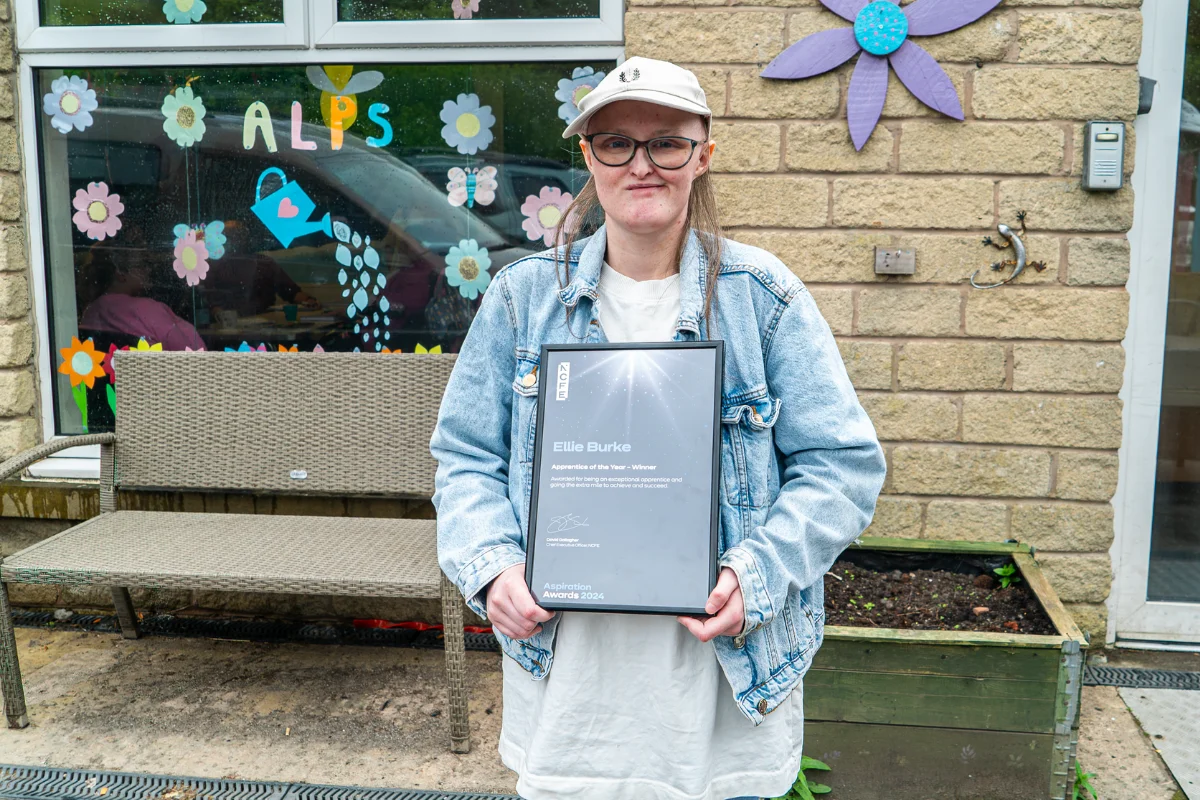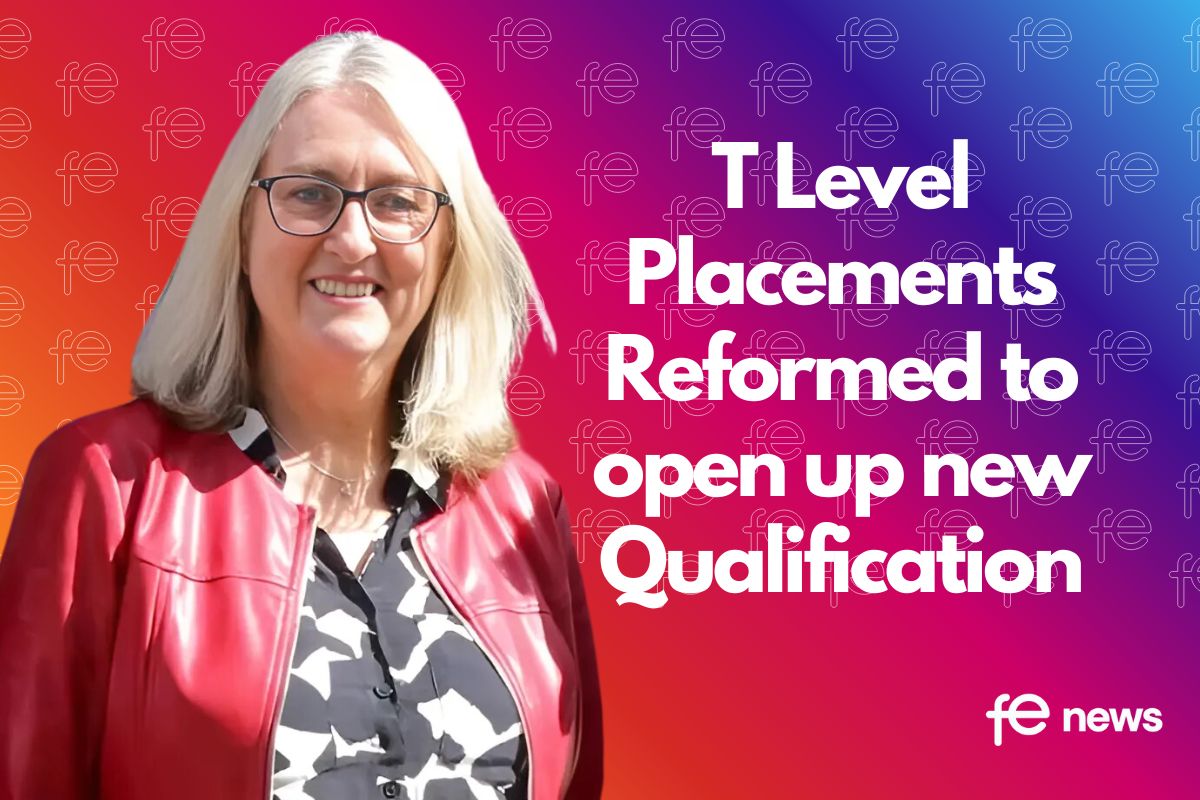Teaching Core Domestic Gas Safety in Further Education – A Step in the Right Direction?

Every year, improper gas handling and faulty appliances lead to a number of deaths and severe injuries. Gas appliances such as ovens, cookers, geysers, etc. are daily used for domestic purposes, but minor negligence by a gas worker while handling such items can lead to major disasters.
Carbon Monoxide that cannot be seen or smelled by human senses can kill quickly without alarming. According to HSE statistics, around 7 people die each year due to carbon monoxide poisoning caused by improper handling of gas appliances.
To avoid such hazards, several qualifications, assessments, and certifications are necessary for gas installers as well as users. For example; having a gas safety certificate in Greater Manchester is a legal requirement for every property owner with gas appliances in use.
Similarly, it is a legal requirement for any gas operator to be a registered member of the Gas Safe Register in the UK, Guernsey, and the Isle of Man. For getting membership of the Gas Safe Register, Core Domestic Gas Safety, commonly known as CCN1 is mandatory.
Significance of Core Domestic Gas Safety
Domestic Gas Safety is the core qualification and is a precondition before attaining other additional qualifications. Although, there are some exceptions to this, generally most candidates must complete CCN1 because it is the basis for all other domestic appliances.
Core Domestic Gas Safety is also a compulsory element of the Nationally Accredited Certification Scheme (ACS) which is a competence certificate, required to become a member of the Safe Gas Register. Through practical assessments, this course helps Gas Fitting Operatives to test their safety competence.
Entry Requirements for Core Domestic Gas Safety
Core Domestic Gas Safety is a prerequisite for all assessments and modules related to gas appliances. Besides being a gateway to the industry for new candidates, CCN1 is also essential for gas installers and engineers already providing services in this domain. CCN1 covers both routes. These are:
- Initial Assessment: Initial CCN1 Qualification is compulsory for gas installers whose existing CCN1 has been expired for more than 12 months.
- Re-assessments: For re-assessment, gas operators whose CCN1 has been expired for less than 12 months, must complete this course.
Domestic Gas Safety Course in Further Education
After high school, choosing the right career path might be challenging for students. The time period of Further Education, mainly in the UK and Ireland, comes between Secondary School and Higher Education.
It is training-based education to provide skills essential for a knowledge-based economy. Core Domestic Gas Safety is offered to candidates who have already determined their careers as gas engineers. If this course is taught in further education, it will help students in developing their interest in this field.
Teaching Core Domestic Gas Safety in post-compulsory education will surely act as a progressive step toward a bright future. Here, we summarized some important advantages of teaching gas safety courses in further education:
- Overcoming the Shortage of Skilled Gas Engineers
The UK is already experiencing a shortage of skilled Gas Safe Registered Engineers nowadays. According to the UK Commission for Employment and Skills, there is a shortage of 43% of skilled workers in the trades industry and gas engineers are a part of this industry.
This shortage led to increasing demand for gas engineers. According to a recent survey by Gas Safe, half of all current engineers are over the age of 55. This means, perhaps, there would be an increased shortage of gas engineers in the UK in the next 10 years.
In other words, the main purpose of the Gas Safe Register of ensuring 100% safe installation of gas appliances, is in question. So, integration of Core Domestic Gas Safety in the curriculum of further education will pave way for more registered gas engineers. This will ensure the safety of people as well as economic growth.
- Reducing the Reliance on Foreign Talent
As the reduced skilled gas workforce shortage continues to bite, the UK is dependent on foreign talent from inside and outside the EU, to fill the gap. Creating residential engineers through awareness programs in further education will inevitably reduce foreign dependency. It will also save revenue from flowing out of the nation’s pocket.
Core Domestic Gas Safety has 18 modules ranging from the basics of gas safety to professional installation and gas emergency preparedness. These modules not only help students in getting awareness about the safe handling of gas appliances but also help in building relevant skills and interests.
- Guiding Students Towards Lucrative Profession
Income is obviously an important step when choosing a career path. The average starting pay of a Gas Engineer in the UK is £32,000, which is more than the national 2019 average starting salary of £25,844.
These statistics reflect the huge demand for gas operators in the UK due to the shortage of workforce. This is not just a “job”, because if you will work more, you will definitely earn more. As you gain more experience and qualifications, the pay range can increase up to £60,000.
Teaching Core Domestic Gas Safety in further education is thereby, a crucial step in driving students towards a high-paying profession. When students will study this course after Secondary School, they will obviously research this career. They might consider it an ideal career option because of its high wages and being in demand.
Furthermore, students who are adventurous and want a profession where every day brings a new challenge will most probably opt for this career. CCN1 contains practical training, knowledge, and assessment that will motivate students to learn more.
Conclusion for Teaching Domestic Gas Safety in Further Education
It is the responsibility of every gas operator to understand best safety practices and acquire necessary training prior to carrying out their job. Core Domestic Gas Safety is essential for any operative who wants to execute domestic gas works in the UK.
Before proceeding to further qualification, Core Domestic Gas Safety plus appliances certification is a necessary step. Although, this course is mainly offered to professionals, if this course is taught in Further Education, many progressive outcomes can be attained.
From overcoming the shortage of residential gas engineers in the UK to guiding students to the profitable profession, offering this course after Secondary School is obviously a step toward success for both students and the nation.
Myrah Abrar is a computer science graduate with a passion for web development and digital marketing. She writes blog articles for gas safety certificates in Greater Manchester
Further Reading











Responses